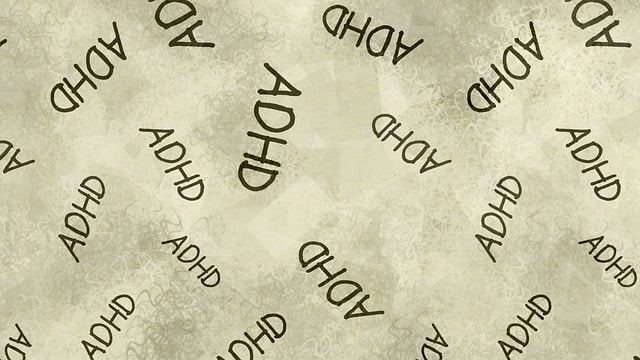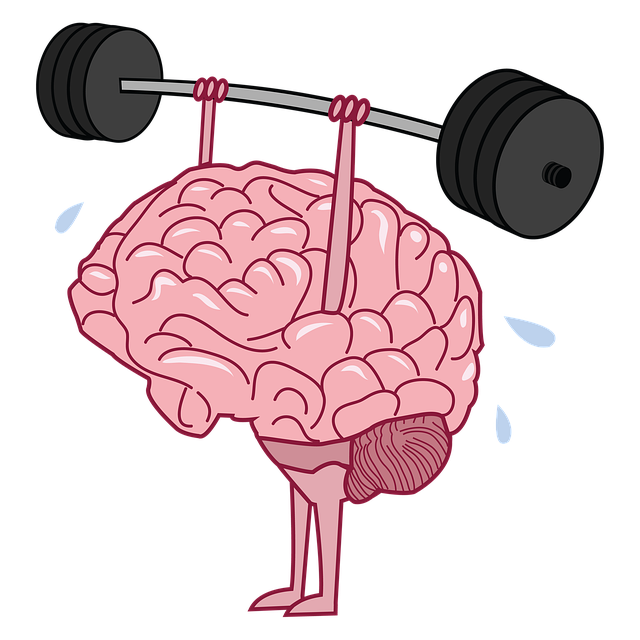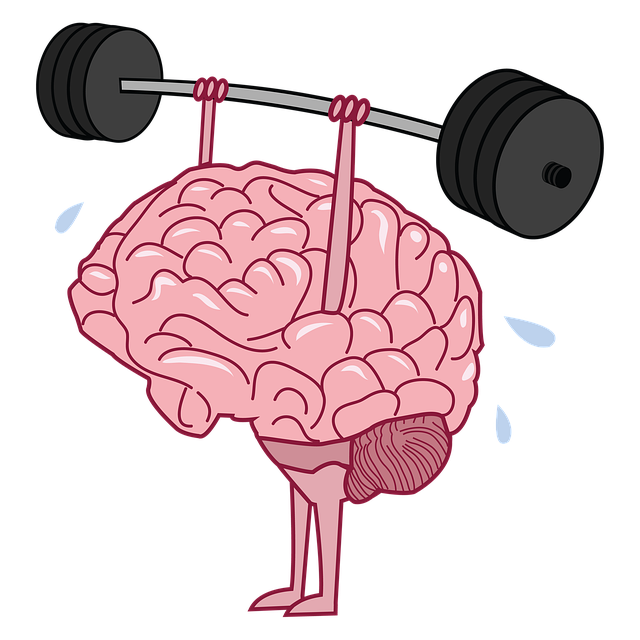Crisis intervention for Attention Deficit Disorder (ADD) and Attention Deficit Hyperactivity Disorder (ADHD) requires specialized, evidence-based approaches like Superior ADD-ADHD Evaluations Therapy. This holistic evaluation process identifies unique challenges, such as impulsive behavior and emotional processing difficulties, through dynamic assessment methods. Tailored therapy plans focus on emotional regulation, stress management, and coping strategy interventions to empower individuals with crisis prevention tools. Integrating clinical support, social services, and educational strategies, along with public awareness campaigns, creates a comprehensive framework for effective long-term recovery and improved quality of life.
In times of crisis, effective intervention strategies are vital for guiding individuals towards stability and recovery. This comprehensive guide explores essential tools and techniques for navigating intense situations, with a specific focus on recognizing and supporting those with Attention Deficit/Hyperactivity Disorder (ADD/ADHD). From understanding crisis intervention’s definition and purpose to implementing evidence-based therapy and fostering support systems, this article offers superior ADD-ADHD evaluations and assessment strategies, ensuring a tailored approach to effective crisis management.
- Understanding Crisis Intervention: Definition and Purpose
- Identifying Signs of Distress: Recognizing ADD/ADHD in a Crisis
- Assessment Strategies: Superior Evaluation Techniques for ADD/ADHD
- Evidence-Based Interventions: Effective Therapy Approaches
- Implementing Support Systems: A Comprehensive Guidance Plan
Understanding Crisis Intervention: Definition and Purpose

Crisis intervention is a crucial process designed to provide immediate and targeted support to individuals facing severe emotional distress or mental health crises. It aims to stabilize the person, ensure their safety, and help them manage their symptoms effectively. The primary goal is to offer a guiding hand during a challenging period, enabling individuals to navigate through crises and make informed decisions about their mental wellness.
In the context of ADD-ADHD evaluations and therapy, crisis intervention strategies play a vital role in addressing the unique challenges faced by those with attention-deficit/hyperactivity disorders. By focusing on emotional regulation techniques, mental illness stigma reduction efforts, and even encouraging mental wellness journaling exercises, professionals can empower individuals to manage their symptoms and improve overall well-being. These interventions are essential tools in promoting resilience and helping people develop coping mechanisms for future crises.
Identifying Signs of Distress: Recognizing ADD/ADHD in a Crisis

In crisis intervention situations, recognizing signs of distress is paramount. Among various mental health challenges, Attention Deficit Disorder (ADD) and Attention Deficit Hyperactivity Disorder (ADHD) often manifest in unique ways during crises. Individuals with ADD/ADHD may exhibit impulsive behavior, difficulty focusing on immediate safety protocols, or struggle to process emotional cues, all of which could complicate crisis intervention efforts. Superior ADD-ADHD evaluations are crucial for accurate diagnosis, and subsequent tailored therapy can significantly enhance outcomes.
Mental wellness coaching programs developed with an eye towards risk management planning for mental health professionals play a vital role in addressing these challenges. By integrating stress management workshops within organizations, professionals can gain valuable skills to identify and navigate ADD/ADHD symptoms during crises. This comprehensive approach ensures that interventions are not just effective but also sensitive to the specific needs of individuals with ADD/ADHD, fostering a more supportive and successful resolution of distressing situations.
Assessment Strategies: Superior Evaluation Techniques for ADD/ADHD

Effective crisis intervention for individuals with Attention Deficit Disorder/Attention Deficit Hyperactivity Disorder (ADD/ADHD) requires skilled assessment strategies. Superior ADD-ADHD evaluations go beyond standard diagnostic tools to encompass a holistic approach, considering not only behavioral symptoms but also cognitive functions, emotional regulation, and stress management. Therapists should employ dynamic assessment methods that adapt to the individual’s presentation, ensuring an accurate understanding of their unique challenges.
Utilizing advanced evaluation techniques allows for personalized therapy plans targeting specific areas of need. For instance, assessing emotional regulation involves tracking mood shifts and triggers, enabling interventions to improve coping strategies. Similarly, stress management techniques can be tailored based on the evaluation results, fostering better resilience and adaptability. These comprehensive approaches not only address symptoms but also empower individuals with long-term tools for crisis prevention and self-care.
Evidence-Based Interventions: Effective Therapy Approaches

In the realm of crisis intervention, evidence-based practices play a pivotal role in providing effective therapy approaches. When it comes to addressing issues like Attention Deficit Disorder (ADD) or Attention Deficit Hyperactivity Disorder (ADHD), Superior ADD-ADHD Evaluations Therapy has emerged as a game changer. This specialized therapy focuses on tailored interventions that not only manage symptoms but also enhance overall well-being. By integrating evidence-based techniques, therapists can foster meaningful improvements in individuals’ lives.
One such approach emphasizes Emotional Intelligence (EI) development, teaching clients to recognize and manage their emotions effectively. Additionally, Stress Management Workshops Organization often incorporates Mindfulness Meditation as a tool to promote calmness and focus. These strategies not only assist in crisis intervention but also empower individuals with lifelong skills for stress reduction and emotional regulation.
Implementing Support Systems: A Comprehensive Guidance Plan

Implementing Support Systems is a crucial aspect of crisis intervention strategies. This involves creating a comprehensive guidance plan that integrates various support mechanisms tailored to the individual’s needs. A multi-faceted approach is essential, encompassing not only clinical interventions but also social and educational support. For individuals with Attention Deficit Disorder (ADD) or Attention Deficit Hyperactivity Disorder (ADHD), specialized therapy such as Superior ADD-ADHD Evaluations can play a pivotal role in managing symptoms and enhancing overall well-being. This includes cognitive behavioral therapy, which aids in self-esteem improvement and instilling positive thinking patterns, thereby reducing crisis potential.
In addition to therapy, the guidance plan should include strategies for public awareness campaigns development, focusing on destigmatizing mental health issues. Encouraging open dialogue and fostering understanding within communities can significantly contribute to an individual’s recovery journey. By integrating these support systems, a comprehensive framework is established that empowers individuals to navigate crises more effectively, promoting long-term stability and improved quality of life.
In conclusion, effective crisis intervention strategies require a multifaceted approach that combines understanding, recognition, and evidence-based practices. By mastering the art of identifying signs of distress, such as ADD/ADHD symptoms during crises, professionals can employ superior ADD-ADHD evaluations to assess and tailor therapy accordingly. Implementing comprehensive support systems ensures individuals receive the necessary guidance and care to navigate and overcome challenging situations, fostering resilience and well-being in the long term.









